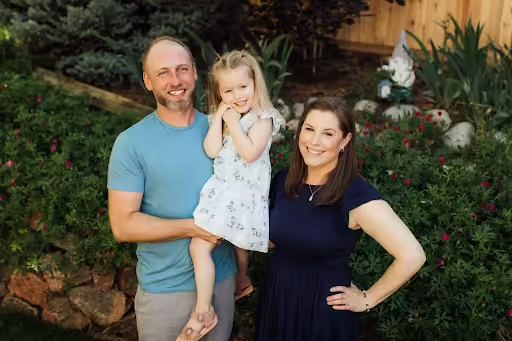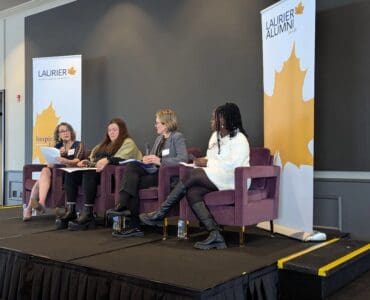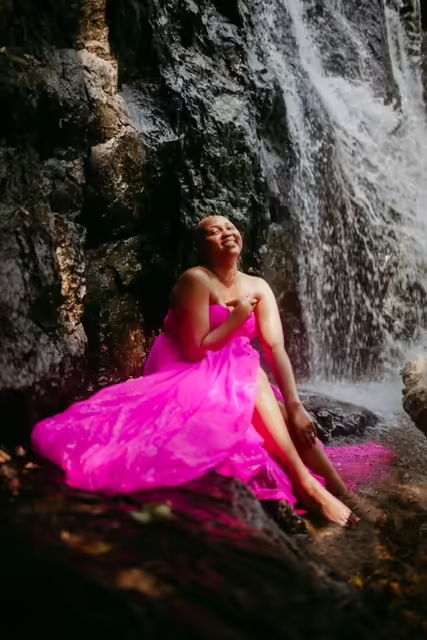When I was initially diagnosed with breast cancer, I found the reactions of those around me to be as varied as the people themselves. Some responses were shockingly hurtful, often unintentionally, while others were reliefs in a sea of emotional torment. Let me share my journey with you, to help you understand what not to say to a colleague going through a similar experience.
Inadvertent ignorance can lead to stinging words. While confronting any adversity, especially as daunting as cancer, people yearn for solidarity, understanding, and delicate empathy. A neighbour once asked me, veiled in sorrow, “Ellyn, are you going to make it?” Such callous words may have stemmed from concern, but they amplified my fears and planted unwanted doubts. Asking someone about their survival, unless they bring it up, is a no-go.
No sad breast cancer stories please
A multitude of encounters proved rather taxing too. With cancer, our emotional bandwidth is already stretched thin, so the last thing we need is uncomfortable queries or obscene oversharing about someone else’s dismal saga. We don’t need to hear about your neighbour’s brother-in-law or cousin twice removed whose cancer journey had a sad ending. It’s neither consoling or inspiring. It’s just scary and distasteful.
While lending support, avoid cliched reassurances like “you got this,” (I really dislike this phrase) or “everything happens for a reason”. Cancer isn’t a test of strength or a divine lesson. It’s a disease we endure, and we’ll muster up the courage ourselves to do so. Don’t offer up armchair medical advice or tell us that if we just avoided sugar we’d not be in this situation.
Respect boundaries
There’s an assumption that divulging our diagnosis invites open discussion about it. That isn’t always the case. Refrain from questioning medical decisions, suggesting alternatives, or even asking too many intimate details. Instead, respect privacy boundaries. Each person processes their health crisis differently. While I chose to share my journey to promote awareness, others might prefer a more private handling. Either is ok.
Keep in mind please that breast cancer also strikes at the heart of our femininity. It may mean the loss of one’s breasts, hair, eyebrows and eyelashes. Women who have been diagnosed with breast cancer are vulnerable, scared and self-conscious. Please realize that comments about our appearance can strike a nerve.
Don’t suggest we donate our hair before it falls out. If we choose to remain bald, don’t question it or comment on it (yes I do have a nicely shaped head). Please refrain from asking or questioning one’s plans around breast mound reconstruction. I chose to remain flat and I am very content with my decision. Reconstruction is not a boob job. It requires multiple surgeries fraught with potential complications. I can’t tell you how many times I have been questioned about that decision. It’s really not appropriate to question it at all, let alone direct that question to a workplace colleague.
In the middle I had one former colleague reach out to tell me to “lose the wig” and tone down my makeup. Needless to say, she was promptly unfriended.
Help that really helps your colleague with breast cancer
Beware of workplace virtue signalling and making an event of October and breast cancer awareness month only to tuck it all away and move onto the next cause. Did you know that for a lot of us, pink is quite triggering? Also, the last time I checked people get breast cancer 365 days of the year. Fundraising for big charities who invest in breast cancer research is ok, but if you have a colleague that is dealing with the disease and financially struggling, does that really help them?
But you know what’s really helpful? Just being there, moving from words to actions. Picking up work slack without being asked, or without expecting gratitude; bringing a hot meal over; offering company when desired. Taking up a donation pool to help a colleague financially (please ask first) can also be beneficial. Cancer doesn’t give a family a hall pass when it comes to paying the bills and because many take a leave of absence from work, family income can take a big hit.
AskEllyn is here to help you help your colleague best
You know what else is really helpful? AskEllyn. She is there to answer all those questions you might have — even the stupid ones without judgement. She is completely private so you literally can ask her anything with the confidence of knowing that no one is listening on the other end. She’ll coach you on what to say and how to approach a situation with a colleague, because embedded into her knowledge is my experience as a breast cancer survivor. She’ll give you tips on how you can help the most to support your colleague. And she’ll never get offended or hurt by what you have to say, but she’ll also guide you on how to do better.
Remember, sensitivity is not tiptoeing around the elephant in the room but engaging with it humanely, acknowledging the enormity of the situation whilst not letting it consume the conversation. After all, your colleague is first a person, then a cancer patient. So, let’s normalize engaging them about regular life aspects – new books, weather, weekend plans. Believe me when I say it gives us a reassuring sense of normalcy amongst the chaotic tumult of cancer.
Above all, educate yourself about breast cancer from credible sources. Knowledge instills sensitivity and erases misconceptions. So be sincere, compassionate, and mindfully present. When things are dark, companionship truly begins to shine. With empathy for our co-workers, we can turn the workplace into a sanctuary for those navigating turbulent times, shaping our actions to foster comfort instead of adding more stormy clouds.




